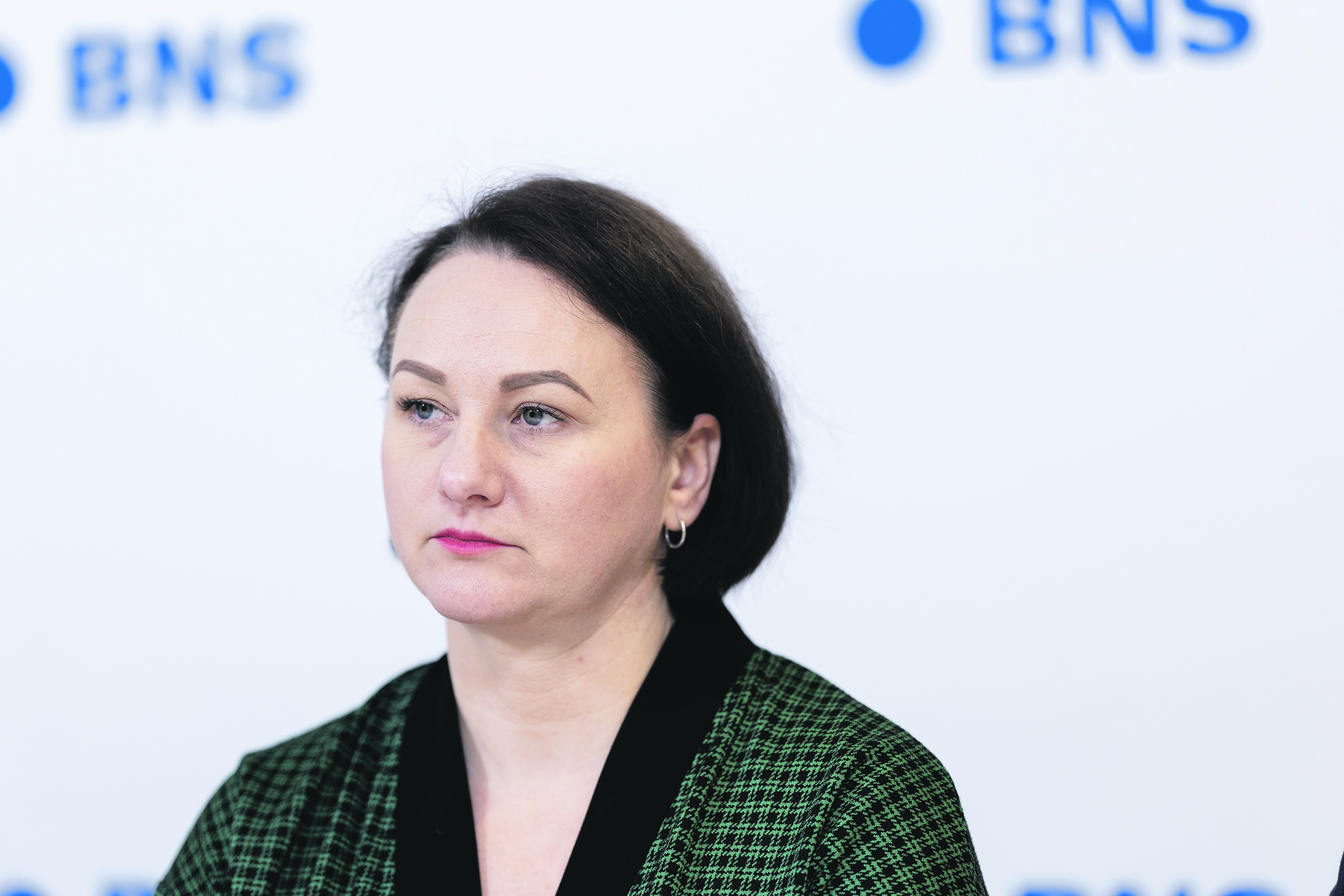Additional real estate taxation would contribute to the uncertainty of the business environment

A more appropriate path
Eglė Stonkutė, an economist of the Lithuanian Confederation of Industrialists (LPK), recalls that the company pays the company for its own real estate. In addition, residents also have to pay taxes on the commercial real estate purchased. Currently, municipalities determine the tax rates of such property, which can range from 0.5 to 3 percent.
« The proposed increase in commercial property taxation of 0.2 % would contribute to the growth of business tax environment.
However, it distinguishes that real estate taxation is, in a general sense, a more appropriate way to form additional funds for the Defense Fund than an offer to increase personal income tax (PIT) or to increase profit tax once again. « The latter taxes have a negative impact on economic growth, so alternative solutions should be sought to prevent them, » says the LPK economist.
Rūta Skyrienė, Executive Director of the Investor Forum, agrees that the real estate tax has a significantly less negative impact on the economy compared to the aforementioned tax measures. « Because real estate is a hard -to -hide object, so the costs of administration and the risk of the shadow economy are minimal, » she explains.
« From the point of view of business and investors, a clear, uniform and universal real estate fee would be a transparent system to clearly predict costs and return on investment. As a result, it is more attractive than other alternatives that restrict economic activity, » says R. Skyrienė. or stop investment. ”
Direction: According to E. Stonkutė, a much more effective way to raise funds for defense would be to promote and accelerate Lithuania’s economic growth rather than imposing a new real estate tax. / L. April / Photo by BNS
Interfaces between employer and employee
Andrius Romanovskis, president of the Lithuanian Business Confederation (LVK), emphasizes that the rise of real estate tax is important for business representatives as it will influence their employees.
« It is no doubt that it is undergoing pressure from employers to increase employees’ income. However, when the tax lifts are under pressure and employers, the situation resembles a press: on the one hand, employers who are subject to taxes; on the other hand, residents are under pressure, » says Romanovsky.
« For example, if only real estate tax was raised or only VAT is raised, but the business would not be touched by other increased taxes, then when the employee comes to the employer and demanding a higher salary, the employer could say, » Okay, taxes are not increasing, so
0.2 % The commercial real estate fee will act as all additional charges: pressure will occur at prices of goods and services or during salary increases or even decreases. « The logic is simple: the more taxes you are in the unwise business, the more consumers eventually pay for it – too higher services and goods and less wage growth, » says Romanovsky.
R. Skyrienė states that the real estate fee has a significantly less negative impact on the economy compared to the PIT or corporate fee.
« If our salaries are now growing fastest in Europe, if we are now the lowest inflation, such pressure will certainly be counterproductive, » the LVK president believes.
According to A. Romanovsky, the other real estate tax rise effect will be related to market stagnation, some people will become even more difficult to afford, especially young families:
For defense funding?
A. Romanovsky also points out another accent: the real estate fee is presented as a source of defense financing, but a significant part of the collection of the expected funds will also be allocated to the municipality or other needs. « This is how it becomes a reform, not only for defense funding – it is a reform to just raise more money, » he says.
E. Stonkutė also emphasizes that in the tax reform proposal submitted by the Ministry of Finance, the additional commercial real estate tax is clearly named as a « targeted defense tax ».
« But the question arises – who then is raised by all other taxes? We understand that in the context of our defense needs, they are additional € 28 million a year – exactly the amount of resolution of this new real estate tax is planned. There is no solution to the problem.
State Property Management
A. Romanovsky points out that the real estate taxes do not pay taxes, although the state is one of the largest property managers. « There is a lot of non -fervent, there are many empty land plots where the state can generate revenue, there is also a real estate. However, there is a tendency that the state is reluctant to abandon property because it costs nothing and business needs to make his property generate income, » he says.
The state is reluctant to abandon the property because it costs it nothing, and business needs to seek their assets to generate revenue.
According to R. Skyienė, the business supports the idea that the real estate fee should also include state assets, which would encourage the state to evaluate the effectiveness of the assets available and potentially abandon excess buildings or objects. « The optimization of state assets should be an integral part of the real estate tax reform, which would allow more efficient use of state funds and increase budget revenue without looking for additional reserves by taxing business or personal income, » she says.
According to A. Romanovsky, it has long been time to consider the optimization of state property: “There are many assets that are ineffective, too high, do not meet requirements, demanding investment. When I heard that the government town was planned to invest 3 thousand euros in 1 sq. M, developers said follow the management of state assets. ”
The state has both real estate objects and land that does not use, for which they do not receive income. « I would say it’s a situation like a dog on a hay: neither eats that hay or gives others, » Romanovsky sees parallels.








